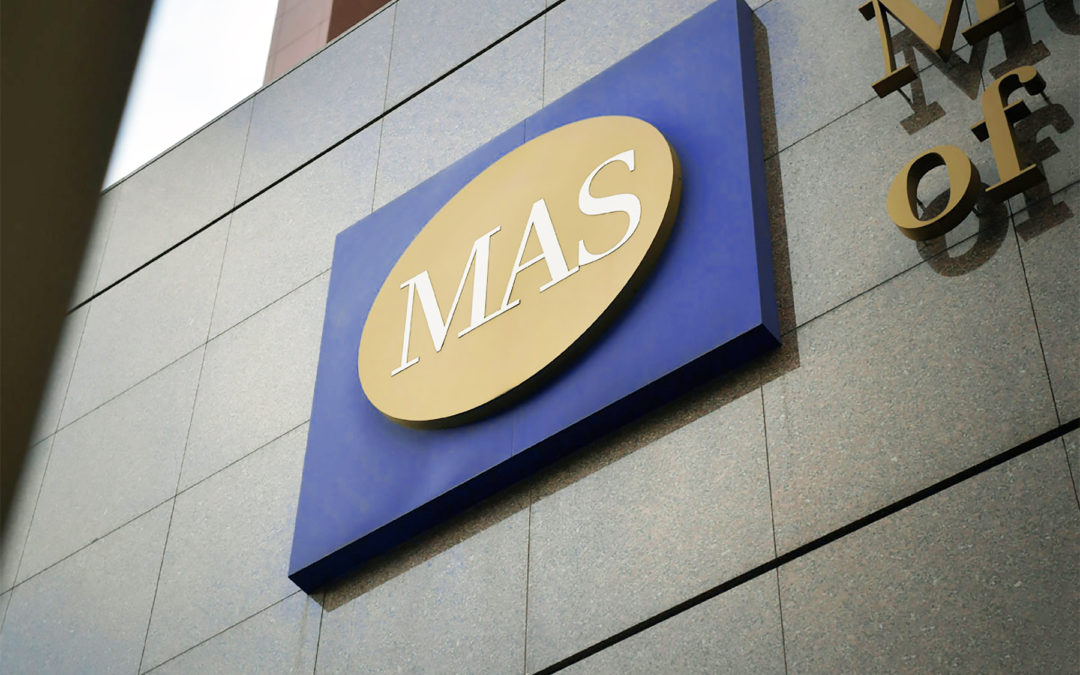
by Simon Ng | Aug 31, 2017 | Economics Tuition, JC Economics Notes, JC Economics Tuition Notes, Market Structures |
In our economics tuition, this jc economics note provides a good understanding on the concept of price discrimination and the three degrees of price discrimination. What is price discrimination? Examine price setting behaviour of firms In technical terms, price...

by Simon Ng | Feb 13, 2017 | Economic Growth, Economics Tuition, JC Economics Notes, Macroeconomics |
The measures adopted by the government has helped Singapore to achieve sustainable economic growth as it has raised actual production and expanded production capacity through the production possibility curve. The influx of foreign workers, land reclamation and import...

by Simon Ng | Jul 25, 2016 | Economics Tuition, Inflation, JC Economics Notes, Macroeconomics |
First, a high level of inflation introduces business uncertainty and hence reduces investors’ incentive to invest. Specifically, hyperinflation disrupts the derivation of cost of production, making it difficult to set price which discourages trading activities and...

by Simon Ng | Jul 16, 2016 | Economics Tuition, Inflation, JC Economics Notes, Macroeconomics |
Given that housing is an asset to home-owners, the rise of the price of assets will cause the individuals to raise the price of their factor services as they peg their factor cost to the price of the housing prices. The price of assets will rise due to the inflow of...

by Simon Ng | Oct 8, 2015 | Economics Tuition, Foreign Exchange, JC Economics Notes, Macroeconomics |
The Monetary Authority of Singapore (MAS) adopts a managed-float exchange rate system, which requires direct government intervention in the foreign exchange market through the direct buying and selling of the Singapore Dollars and foreign currencies. The MAS will set...

by Simon Ng | Oct 8, 2015 | Economics Tuition, International Trade, JC Economics Notes, Macroeconomics |
A quota refers to the direct control of import demand, which will lower supply of imports, thus reducing quantity demand for imports. The restriction of the quantity of imported goods will create an artificial shortage that leads to the increase in price of the...







